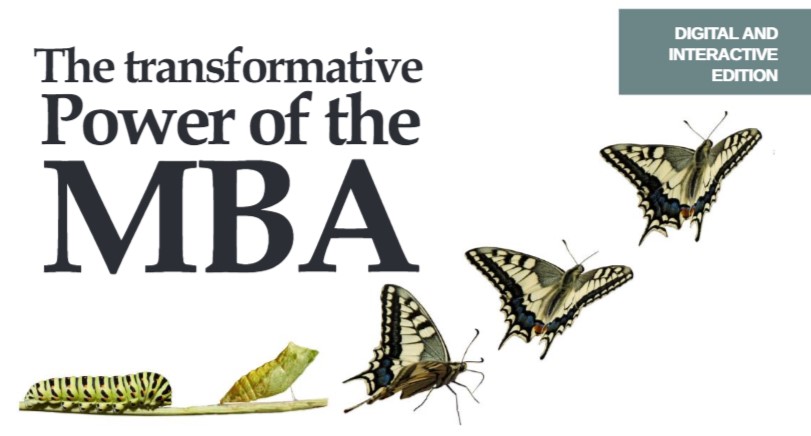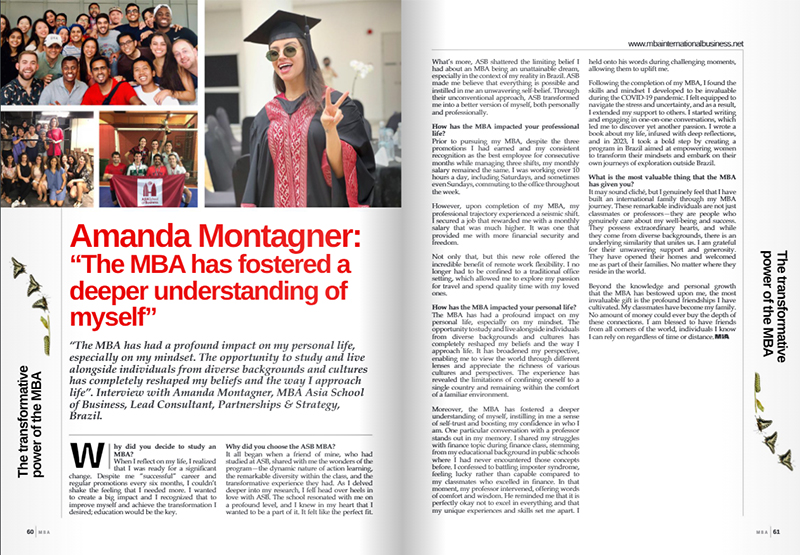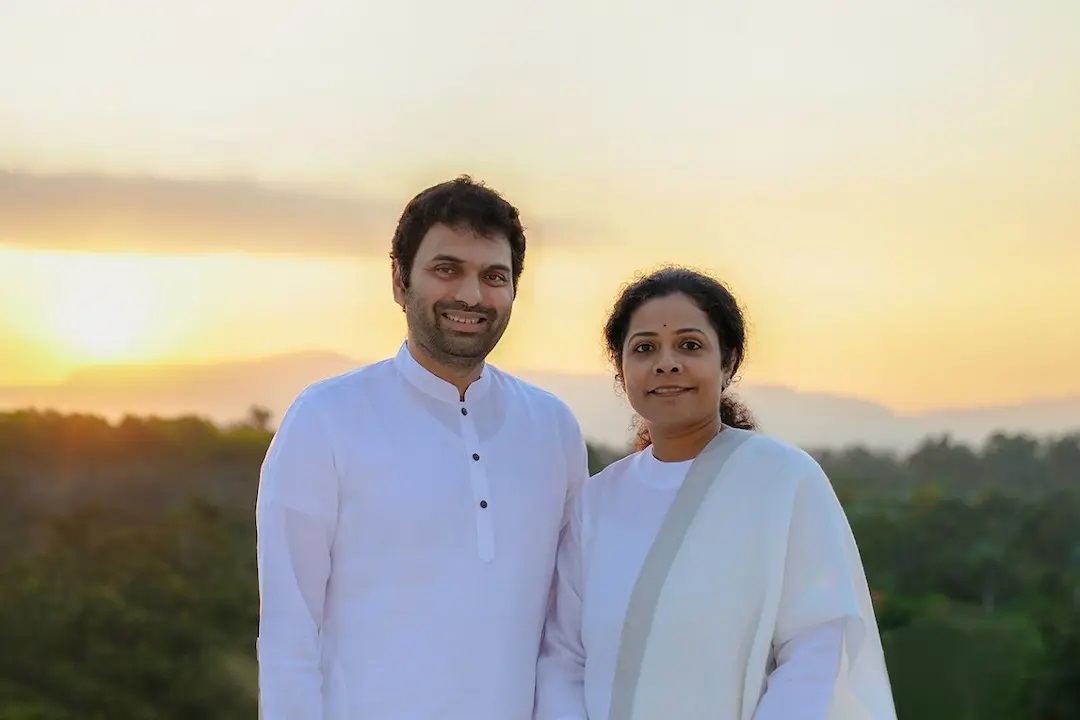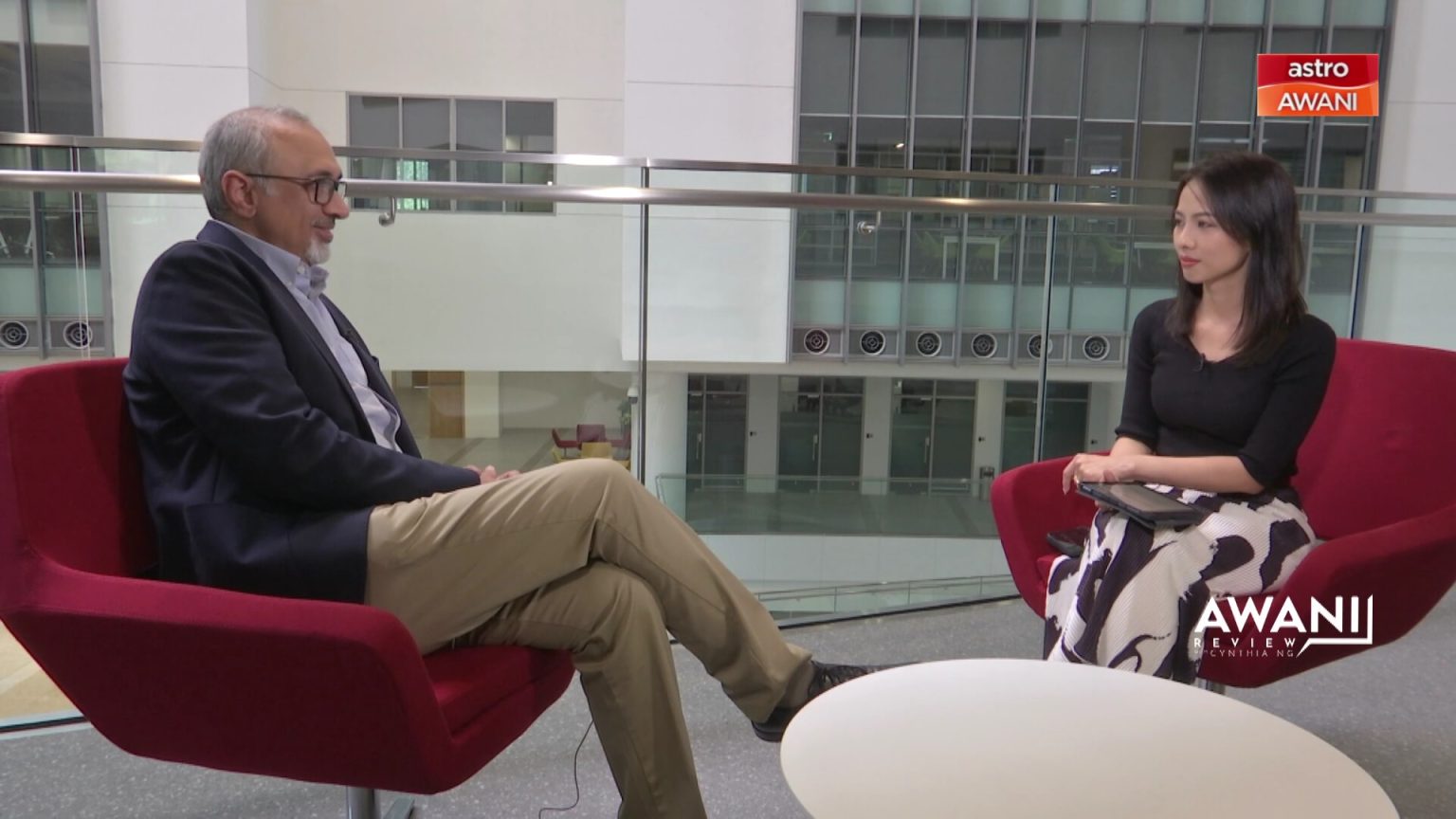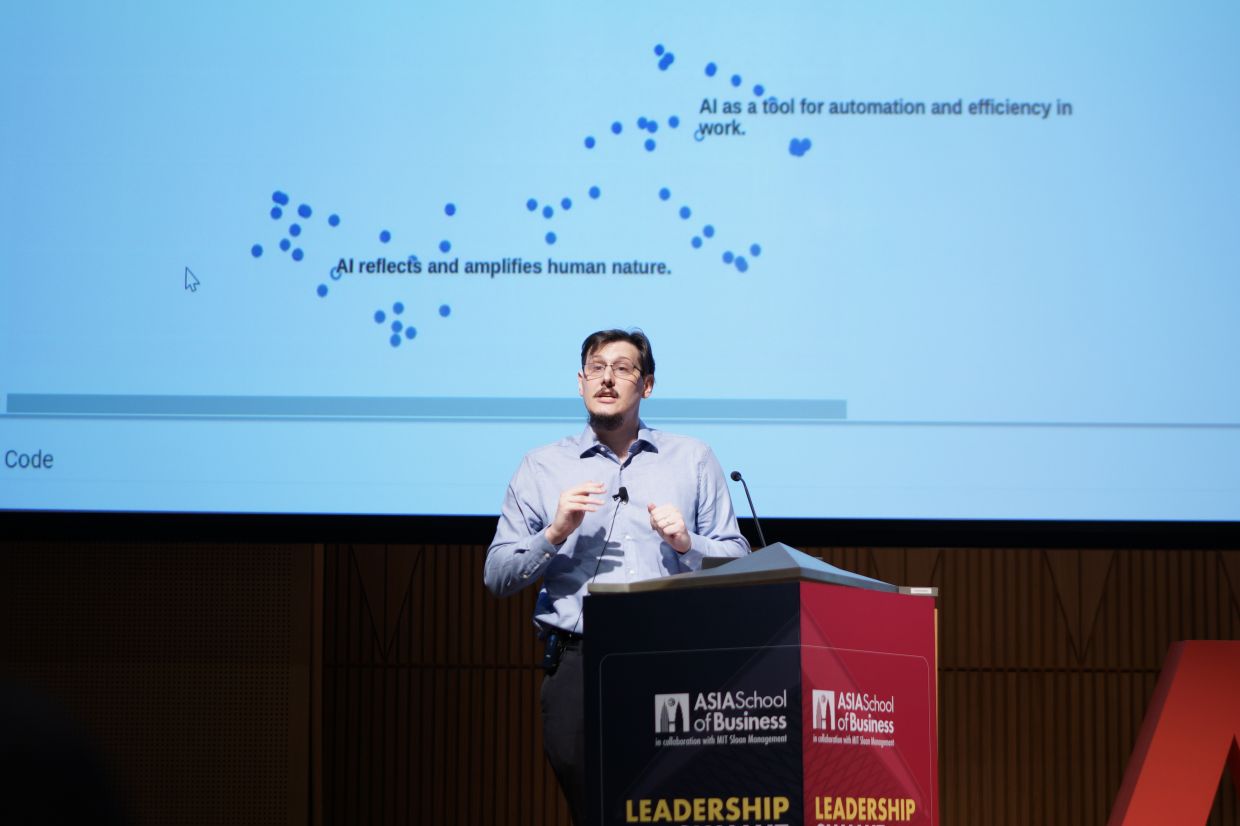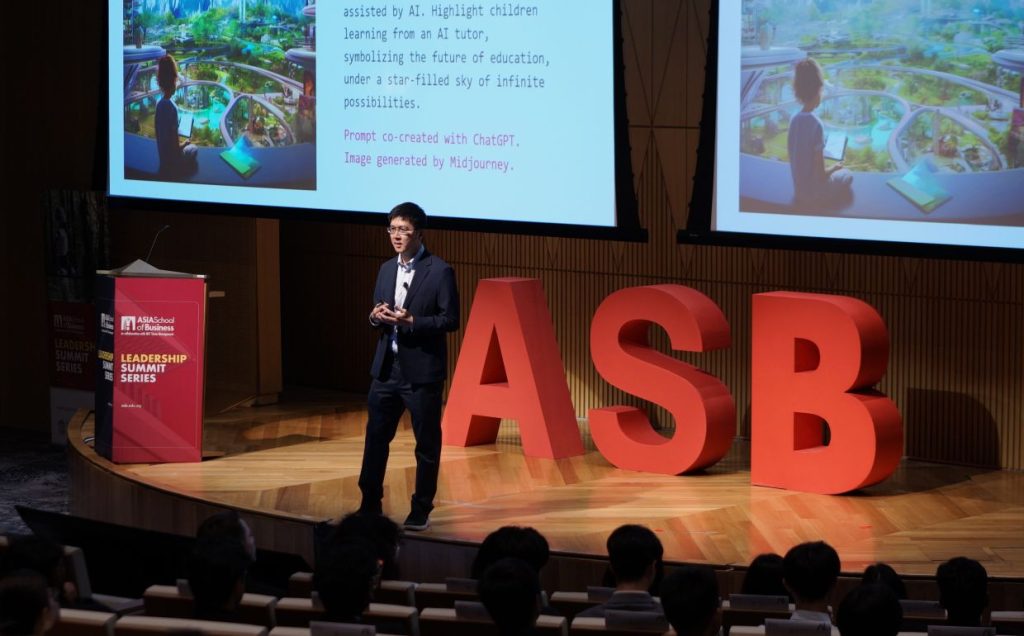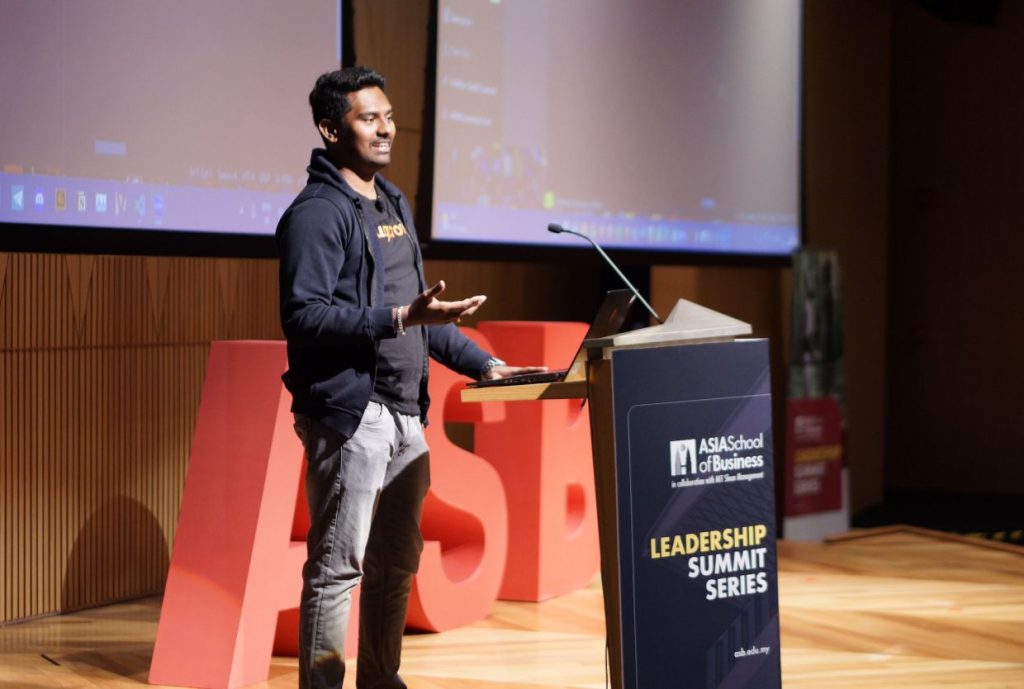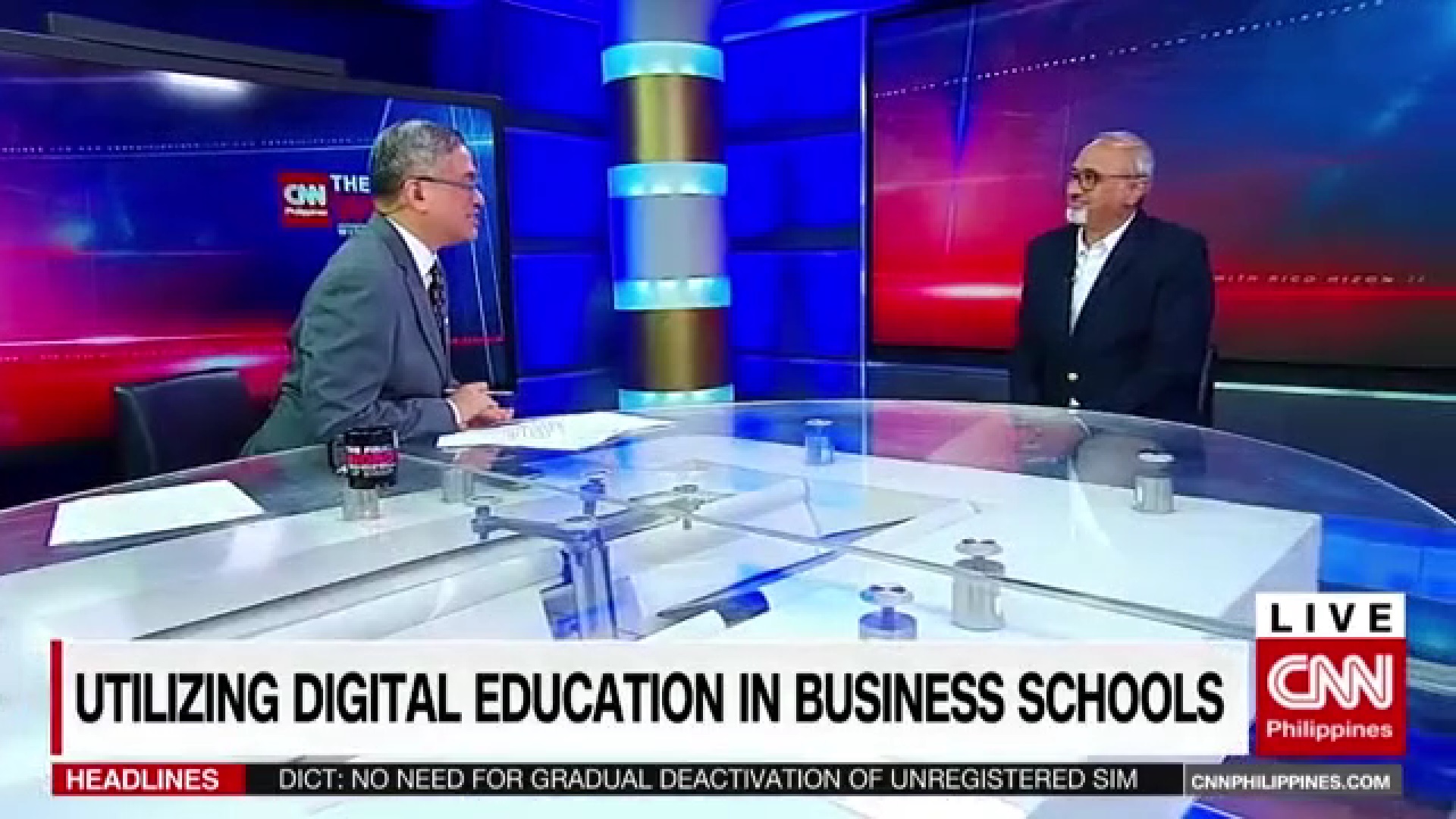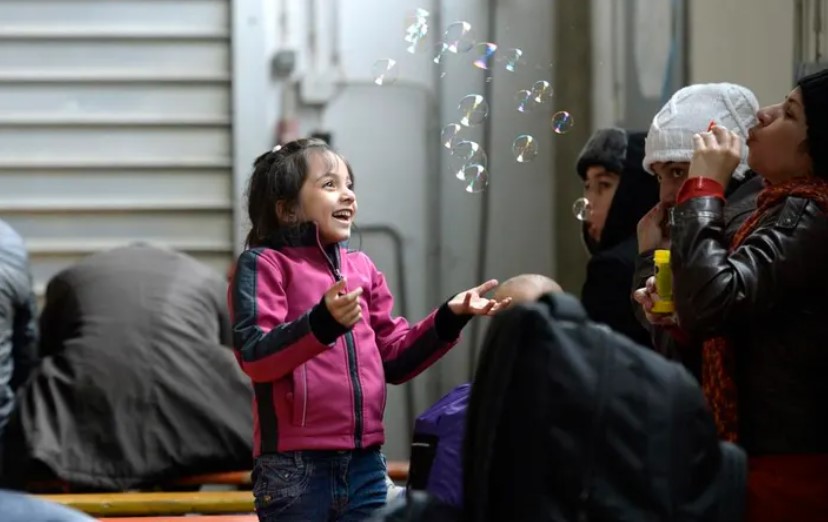In February 2022, Europe had a stark reminder of how quickly a massive number of people can be displaced, pretty much overnight. The Russian invasion of Ukraine has forced more than 8 million Ukrainians to flee, both within the country and to neighbouring European countries, with Poland, Germany and the Czech Republic among those opening their doors to these refugees.
Though the Ukrainian refugee crisis garnered much media attention and mobilization from European countries, there are numerous other conflicts, political regimes and natural disasters that have caused the displacement of many people from all over the world in recent years.
From Syria and Afghanistan to Sudan and Myanmar, the number of refugees worldwide increased to 35.3 million at the end of 2022, the largest yearly increase ever recorded, according to UNHCR, the UN refugee Agency Responsibility for ensuring refugees’ safety often rests on governments and global organizations such as the UN Refugee Agency, UNHCR as well as NGOs and charities such as the International Rescue Committee, Doctors Without Borders and Save The Children to ensure that they are able to evacuate their homes and settle in a safer place, as well as have access to basic needs such as healthcare.
But for many refugees, they leave fruitful and rewarding lives in their home countries, moving to new countries, cultures and contexts, and more often than not are simply surviving not thriving in their new environments.
This is where business schools recognize they can have a profound impact on refugees, and there are clearly plenty of opportunities where business schools, and their students and alumni, can play their part to help tackle the global refugee crisis.
Fatima Arabzada was a recipient of a State Department-funded exchange program that enabled her as a female entrepreneur to leave a highly conservative province of Afghanistan to seek asylum in the US. During her undergraduate at Bucknell University, she launched a/another business and her early career also included consulting with Deloitte.
Fatima graduated this month from MIT Sloan’s MBA Class of ‘23, where she was an Innovation Ambassador, Panelist for various entrepreneurship topics, and recipient of the MIT Sloan Social Impact Fellowship.
“Afghanistan collapsed two weeks before my MIT Sloan orientation started, and I was able to rescue 15 members of my family and 25 athletes from Afghanistan. I operated with incredible levels of ambiguity, stayed extremely calm under pressure, ingested large sums of information to make life and death decisions all while managing more than a hundred friends and family in the process.”
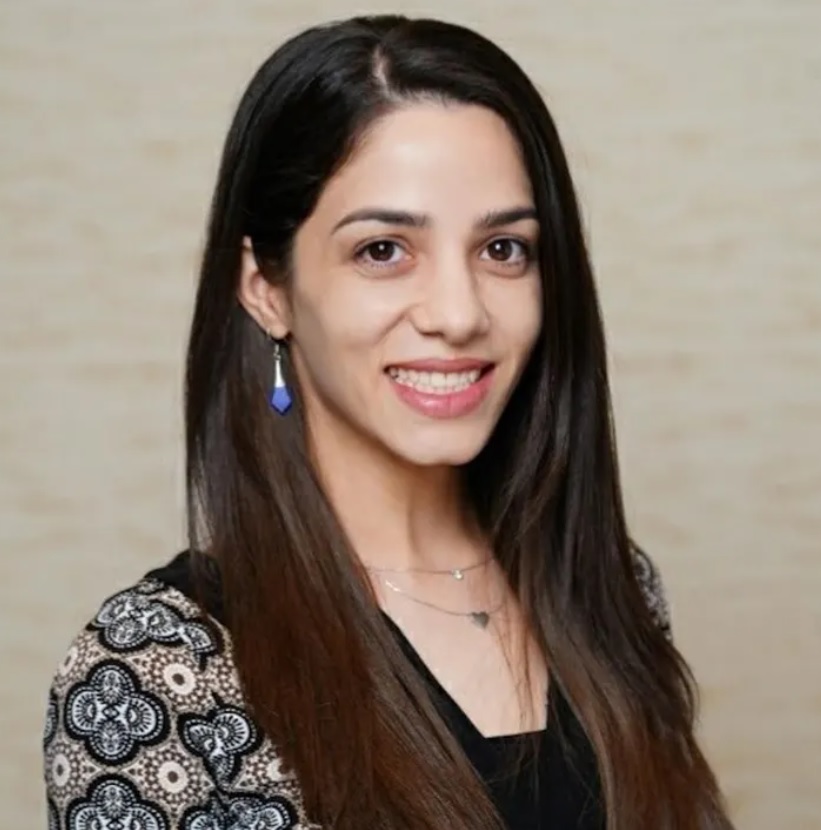
“Focus on expanding your horizons and allow curiosity take you to places that will provide you growth and exposure.” Fatima Arabzada, MIT Sloan MBA Class of ’23 FATIMA ARABZADA
For Fatima this is not an isolated story, unfortunately. “The refugee students have to both successfully overcome such hardships and acquire experiences that are relatable to corporate America. That is a significant hindrance when refugee students already work at least twice as hard for the same opportunities and recognition. “
She feels that it is important for business schools to acknowledge the skillsets that these individuals have acquired not only through their resumes but also through their lived experiences.
READ FATIMA’S STORY
Cheikh Diouf Faye’s refugee story began in Africa, with Senegalese parents living in the north of the country. Because of the climate crisis affecting agriculture and livestock – the main economic activities in the area – many people began to leave the region to settle in more tropical areas of the south and centre. At the age of 10, Cheikh sought refuge as an infant, travelling to Spain by boat in a complicated journey that lasted more than a month, and ended with him living in a number of several Spanish Red Cross juvenile facilities.
“I was a minor and I was alone when I arrived at the peninsula. The person I came with, for different reasons, decided to separate our paths. From that moment on, the Spanish State kept custody of me until I turned 18,” says Cheikh. “My reasons for fleeing Senegal are diverse, among them are poverty, lack of education and opportunities, child labour, living in a conflict zone in the country (which demands independence) and a complex family structure.”
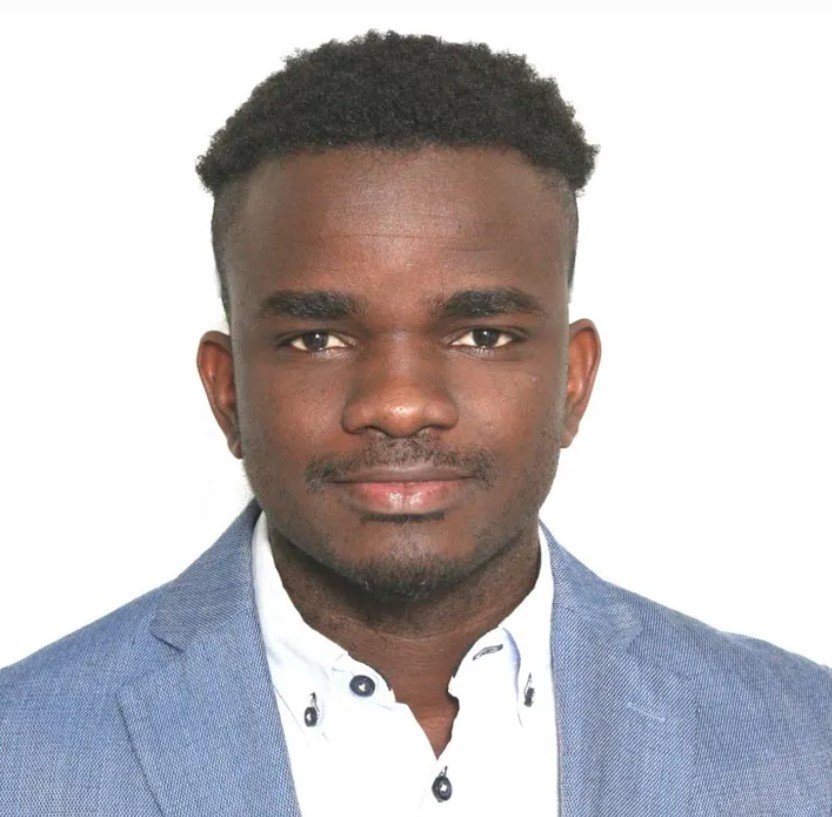
“I believe in education as a transformative tool, so I chose this path to change my reality and the reality of my family.” Cheikh Diouf Faye, BBA student at University of Loyola Seville CHEIKH DIOUF FAYE
At the age of 18, Cheikh had to leave the juvenile facility in Spain and, not knowing what to do next, an opportunity came to him. The University of Loyola, in Seville, offered him a scholarship to study at the university, with Cheikh choosing to study Business Administration and Management in the university’s business school.
Cheikh believes education is a key tool in lifting people out of poverty, and also helping refugees to integrate and flourish further. “I believe in education as a transformative tool, so I chose this path to change my reality and the reality of my family.
In the near future I intend to increase the number of young people in my care, my goal is to support people to have the ability to develop their futures freely and autonomously, so they do not risk their lives as I did at sea to come to Spain or any other country.”
For Cheikh, business schools are in a great position to offer refugees a close-knit community that will offer emotional support, peace of mind and the opportunity of being a valued member by helping others in any way he or she can.
READ CHEIKH’S STORY HERE
Yuliia Honcharova’s story begins more recently than Cheikh’s. Yuliia left Ukraine to travel to Portugal several months before the Russian invasion, with plans to travel back at some point to the Donbass region where she is originally from. However the invasion of Ukraine left Yuliia stranded with nowhere to return to.
Technically a refugee, Yuliia decided to stay in Portugal, a country where she describes the people as “friendly and empathetic to the situation”, which she is grateful for. But the help for refugees may not be as strong compared to other European countries. Yuliia did receive help from the Galp Foundation, however, when she applied to study an International MBA at Porto Business School.
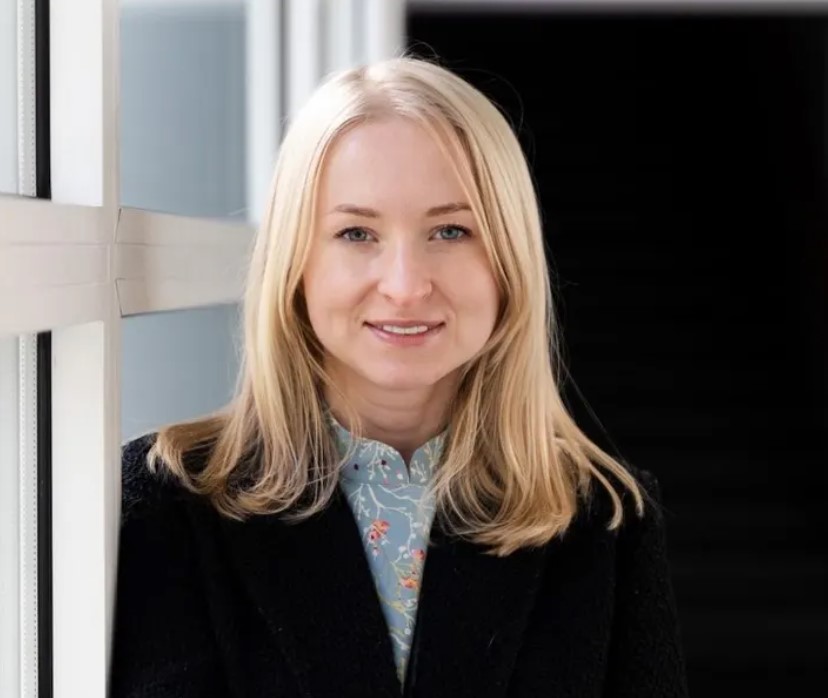
Yuliia Honcharova hopes other students will use her story at Porto Business School as an example of “resilience to life’s obstacles.” YULIIA HONCHAROVA
“I got my scholarship from Galp Foundation, which was a great opportunity to enhance my expertise with business education in Porto Business School. It is an inspiring initiative to support talented people when they most need the help.” Yuliia is currently on the program, with hopes of upgrading her education and advancing her business knowledge.
Yuliia hopes other students will use her story as an example of “resilience to life’s obstacles – how to start a new life from scratch in a new country, how to control emotions in difficult situations, and how to be kind to others.”
READ YULIIA’S STORY HERE
These are just two examples of refugees who’ve used the opportunities given to them at business schools to change their lives for the better. As we mark World Refugee Day this week, we look at some examples of how business schools around the globe are seeking to help refugees through scholarships and other innovative initiatives.
For many refugees, one of the biggest barriers they face in their new countries is access to education and work. The barriers to entry at business schools can be high, but offering scholarships to those with refugee status is a great way to improve their access to education and also create greater diversity on programmes.
ESMT Berlin, Germany, recently launched a partnership with the BMW Foundation to offer 10 full-tuition scholarships to displaced women from Ukraine to study in their Global Online MBA. The driver behind this decision was to support these women to develop the knowledge and skills that would help rebuild Ukraine, says Rebecca Loades, Director of MBA Programs at ESMT Berlin.
“Finance can be a barrier to many potential MBA students, particularly those who have been forced to flee their country and seek refuge in another,” says Rebecca. “As we firmly believe that education is a catalyst for change and transformation, we wanted to help those seeking a better life to also develop professionally and personally.”
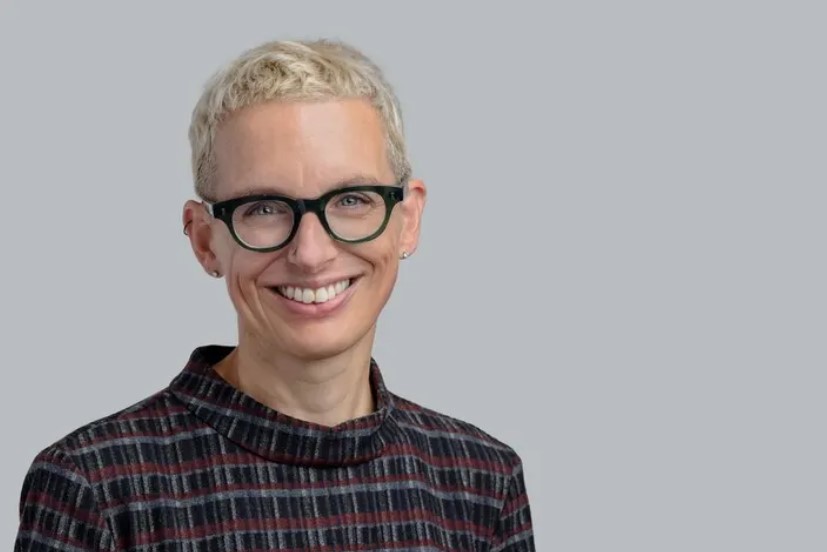
“In offering educational opportunities to refugees, business schools are helping promote social integration, diversity, and economic empowerment too.” Rebecca Loades, Director of MBA Programs at ESMT Berlin FOTO BY MIKA-FOTOGRAFIE | BERLIN – FOTOGRAF MAIK SCHULZE
Given the scholarship is for the online programme at ESMT, applicants were not limited to having to live in Berlin or even Germany, and participants are experiencing the program from all around Europe. “In offering educational opportunities to refugees, business schools are helping promote social integration, diversity, and economic empowerment too,” says Rebecca.
“They are also helping foster social cohesion and demonstrate a commitment to humanitarian values that will benefit society.” Another business school who is offering scholarships to refugee is King’s Business School, London. As part of the wider University’s Sanctuary Programme – a programme created in 2015 in response to global displacement – the business school offers full-tuition scholarships to applicants with refugee status.
This is just one aspect of the Sanctuary Programme at King’s, which also offers digital learning platforms for refugees, and conducts faculty research into migrants and refugees. There are numerous other scholarships available for refugee students, including the Columbia University Scholarship for Displaced Students, which provides full tuition, plus housing and living assistance to students pursuing a degree at Columbia University.
The Paul and Daisy Soros Fellowships for New Americans offers 30 merit-based fellowships worth $90,000 to immigrants and children of immigrants who are pursuing graduate studies in the US. And from the faculty perspective, the insights and knowledge that business school professors have can also be used to help further support refugee groups.
One such example is at the Asia School of Business in Malaysia, who’s ASEAN Research Center provides a space for free community-led organizations to offer trainings and workshops. The business school also partners with UNHCR to research important topics relevant to refugees and to disseminate it through media engagements.
One way many refugees gain income in Malaysia is by becoming entrepreneurs, and Asia School of Business hosts many events catered for these refugee founders. “More than 30 refugee businesses are able to sell their companies’ products through our ASB-UNHCR Research Workshop,” explains Dr. Melati Nungsari, an Associate Professor of Economics at the Asia School of Business and a Research Affiliate at MIT Sloan School of Management.
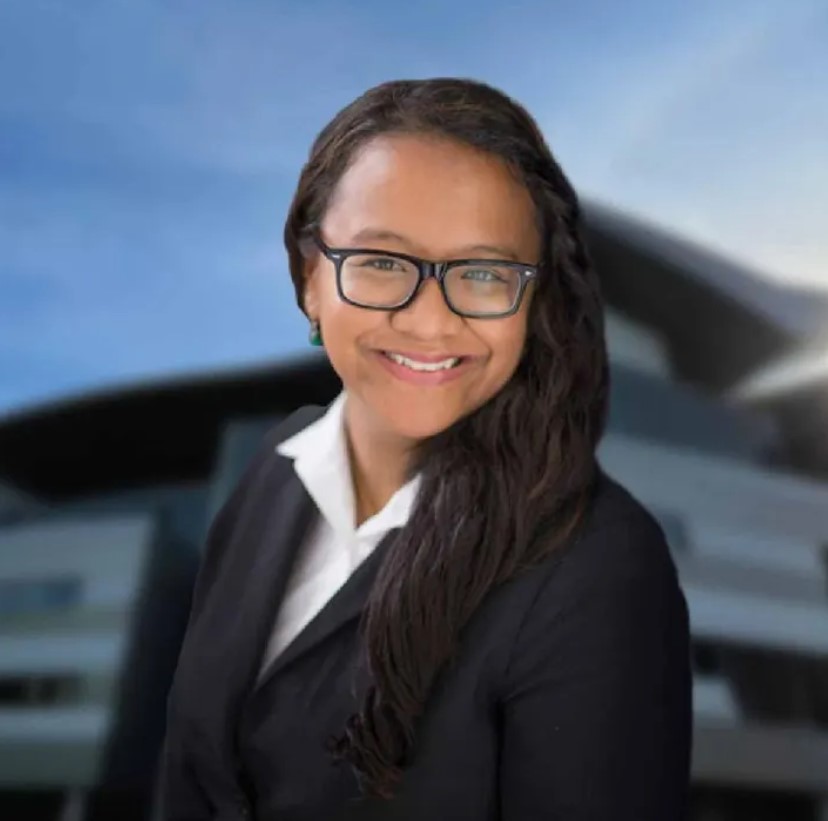
“Business schools have the responsibility to incorporate exposure and collaborations with vulnerable communities into their curriculum.” Dr. Melati Nungsari, Asia School of Business ASIA SCHOOL OF BUSINESS
“We also engage with government officials on the labour market integration of refugees into the local economy.” For Dr. Nungsari, business schools are able to teach future management leaders about the value of hiring refugees in work. “Business schools have the responsibility to incorporate exposure and collaborations with vulnerable communities into their curriculum – be it formally or informally – in order to educate business leaders on the importance of sustainable and ethical business,” she says.
At the Rotterdam School of Management (RSM), Erasmus University in the Netherlands, the business school saw the effect that the Ukraine war was having on Ukrainian student’s education, and decided to develop a 12-week programme on business fundamentals for a mix of Ukrainian high school, bachelor and Masters students, which could help students to rebuild the economy in Ukraine once the war is over.
“We worked everything out in our own time and we also teach for free – there are no other costs involved,” says Florian Madertoner, a lecturer in Corporate Finance at RSM. “It turns out, despite course manuals and accreditation procedures, the only ingredients necessary for a successful course are people willing to teach and people willing to learn,”.
At the end of the 12-week program, each student presented a full business plan for either a fictive or a real business. When asked how he thinks students’ final projects will benefit Ukraine and other countries, Madertoner is positive. “Currently, a problem exists, and these students see viable solutions to that problem. They are constructing socially relevant business projects such as providing more education, food, catering services and transport for the Ukraine once the war has ended.”
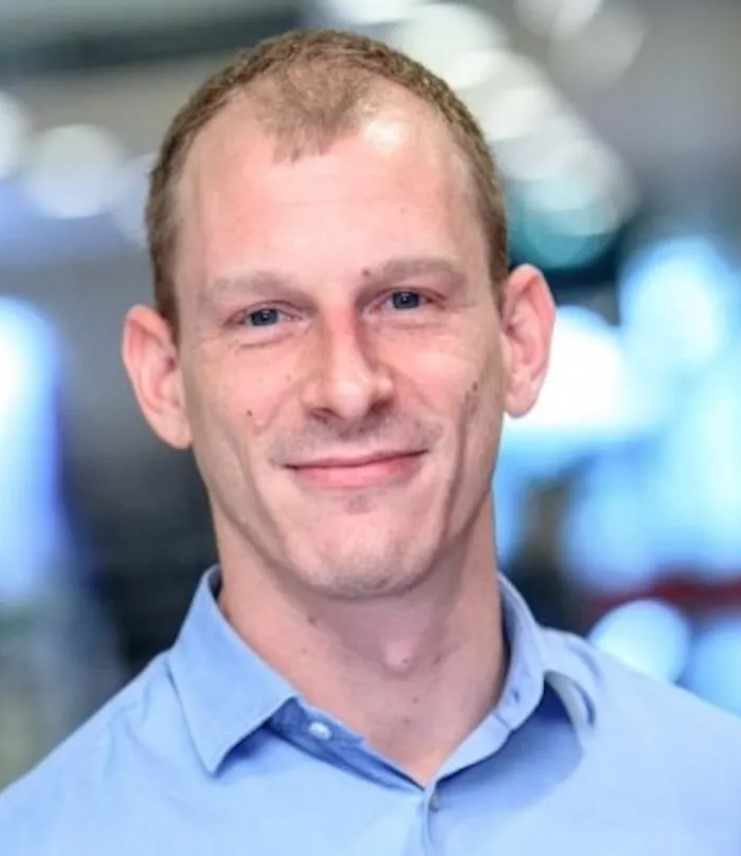
“The only ingredients necessary for a successful course are people willing to teach and people willing to learn.” Florian Madertoner – RSM, Erasmus University FLORIAN MADERTONER
Since the outbreak of the war in Ukraine, the University of St. Gallen, in Switzerland, has been offering various support measures for refugee Ukrainians. The “Offers for Migrants” initiative, provides selected executive education programmes free of charge to all refugee migrants with a university degree living in Switzerland.
The aim of the initiative is to enable refugee migrants to access high-quality, contemporary executive education so that they can build a better future for themselves, as well as giving them the opportunity to orient themselves professionally and to gain a foothold in Switzerland.
Offering executive education programmes for highly qualified refugees is particularly relevant, important and urgent today, says Christina Vetsch, Corporate Communication Manager at University of St. Gallen’s Executive School.
“Highly qualified refugees bring with them knowledge, skills and experience from which the entire society can benefit. In the individual programs, they learn and experience how to adapt their existing skills and supplement missing knowledge, thereby increasing and improving their chances on the labour market,” she says.
Vetsch emphasizes the importance of business schools undertaking initiatives for highly skilled refugees in terms of social responsibility and equal opportunities. “Such initiatives demonstrate that business schools are taking on social responsibility and contributing to the creation of an inclusive society.
At the same time, they promote equality of opportunity by providing skilled refugees with access to education and, subsequently, employment opportunities.” It’s not just in-person programmes for refugees on campus that business schools are looking to launch either.
Nyenrode Business University, in the Netherlands, travelled to the island of Samos in Greece to deliver a design thinking workshop to the residents of a refugee camp. The programme helped refugees to understand how to use design thinking to tackle challenges related to hygiene and sanitation, cultural and language barriers, and peace and conflict resolution in the camp.
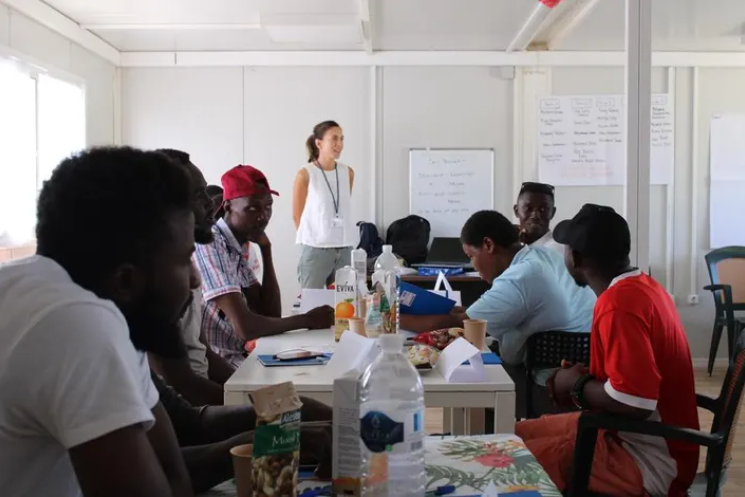
“We worked on the challenge of lack of social cohesion and unity in the camp. A challenge that was identified by the refugees themselves.” Désirée van Gorp, Professor at Nyenrode Business University
“We train participants in design thinking and award them with an acknowledgement to provide them with a kickstart on the labour market,” says Dr. Désirée van Gorp, Professor at Nyenrode Business University. “Additionally, participants worked on solutions for the challenge of the disconnect of social cohesion and unity in the camp,” she says, with the aim for participants to become innovators and a source of inspiration and a role model in their communities.
Increasing geopolitical tensions, alongside the devastating effects that climate change is having means it’s likely that in future decades we will see more and more people displaced. The international thinktank, Institute for Economics and Peace (IEP) predicts that 1.2 billion people could be displaced globally by 2050 due to climate change and natural disasters. And beyond governments and charities, business schools will need to do play a key role to help refugees gain access to education and work.
At MIT Sloan School of Management, there is a continual focus on inclusion for all members of the school’s community, welcoming students from a wide variety of backgrounds and locations around the world. Currently, MIT Sloan has a small number of refugee and asylum-seeking students enrolled, and the business school is enhancing the programming to better reach and positively impact students and better ensure that MIT Sloan feels as much like home as it can.
For Fatima Arabzada, Supporting refugees is an important area for the MIT Sloan administration to expand into. “It is critical to ensure that students have the financial and emotional resources to embrace all the learning and experiences inside and outside of the classroom.”
Fatima has three pieces of advice for refugee students who are considering pursuing business education or starting their entrepreneurial journey. “First, focus on expanding your horizons and allow curiosity take you to places that will provide you growth and exposure. During my time at MIT Sloan, I took AI, quantum computing, and entrepreneurial courses that will allow me to stay highly competitive anywhere in the world and fed the curiosity of my inner child.”
“Second, as a refugee, you are born into a cause that is significant and urgent; however, your commitment to the cause does not have to be immediate.” She observes that often survivor’s guilt can create mental blocks against embracing certain new experiences. “Focus on healing and growth so that you are able to serve in a much bigger capacity.”
Finally, she insists that betting on yourself will always pay dividends. “Find the right mentors and learn what it would take to minimize the risks of building a startup before you commit to that path. For example: I approached a businessman I respect greatly, Dob Belinsky, to be one of the founding members of his startup and I not only gained valuable insights but also gained a lifetime mentor.”
Originally published by The Forbes.







